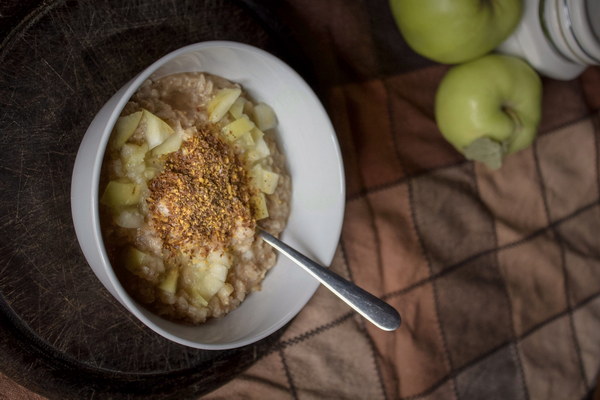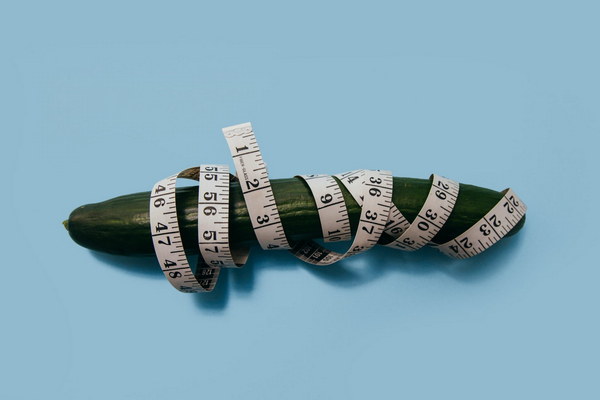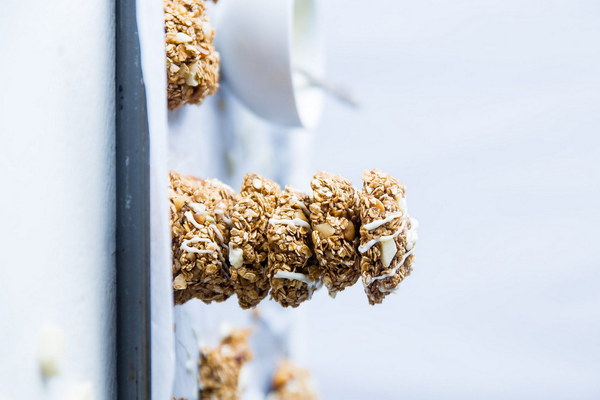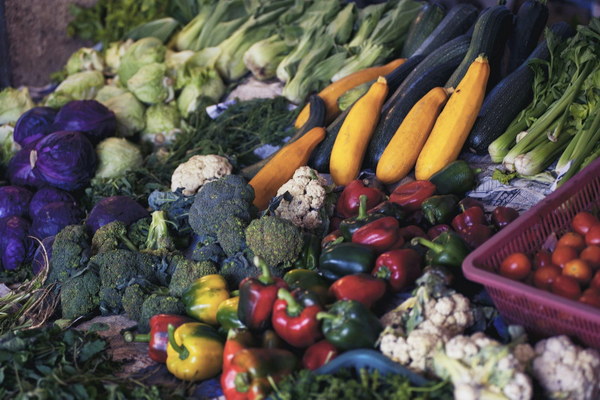Managing Moisture Retention During Pregnancy A Guide to Moisture-Reducing Remedies in the Third Trimester
As the body undergoes significant changes during pregnancy, one common concern that many expectant mothers face is moisture retention, also known as edema. This condition is particularly prevalent in the third trimester, when the body retains more fluid to support the developing fetus. While some level of swelling is normal, excessive moisture retention can lead to discomfort, bloating, and other complications. This article aims to provide a comprehensive guide to managing moisture retention during the latter stages of pregnancy, focusing on natural and effective remedies to reduce swelling and improve overall well-being.
Understanding moisture retention during pregnancy
Moisture retention, or edema, occurs when the body's tissues accumulate excess fluid. This fluid buildup can manifest in various parts of the body, including the legs, feet, hands, and face. During pregnancy, several factors contribute to the development of edema, such as hormonal changes, increased blood volume, and the pressure of the growing uterus on the veins.
In the third trimester, the body's demand for blood and fluid increases to support the fetus's growth and prepare for childbirth. This heightened demand can lead to increased fluid retention. While some swelling is considered normal, it is essential to monitor for any signs of excessive edema, which may require medical attention.
Natural remedies for moisture retention during pregnancy
1. Stay hydrated
Contrary to popular belief, staying hydrated can help reduce moisture retention during pregnancy. Drinking plenty of water encourages the kidneys to flush out excess fluid from the body. Aim for at least eight glasses of water per day, and consider incorporating herbal teas and fresh fruit juices into your fluid intake.
2. Elevate your legs
Elevating your legs can help reduce swelling by improving blood circulation. Try lying on your side with your legs elevated on a pillow or chair for 15-30 minutes, several times a day. This position allows gravity to assist in returning fluid back to the heart.
3. Wear compression garments

Compression stockings or sleeves can help reduce swelling by applying gentle pressure to the affected areas. These garments are particularly beneficial during long periods of sitting or standing. Consult with your healthcare provider before purchasing compression garments to ensure they are suitable for your condition.
4. Maintain a healthy diet
Eating a balanced diet rich in fruits, vegetables, whole grains, and lean proteins can help manage moisture retention. Avoid high-sodium foods, as they can exacerbate fluid retention. Instead, opt for low-sodium alternatives and foods that are high in potassium, such as bananas, avocados, and sweet potatoes, to help balance sodium levels.
5. Engage in regular exercise
Regular exercise can improve circulation and reduce fluid retention. Consult with your healthcare provider before starting any new exercise regimen, especially if you have pre-existing health conditions or concerns. Gentle activities, such as walking, swimming, or prenatal yoga, are ideal for expectant mothers.
6. Limit caffeine and alcohol intake
Caffeine and alcohol can contribute to fluid retention and dehydration. Limit your caffeine intake to no more than 200 mg per day (about one 12-oz cup of coffee) and avoid alcohol altogether during pregnancy.
7. Apply cold compresses
Applying cold compresses to the affected areas can help reduce swelling. Cold temperatures constrict blood vessels, which can minimize fluid leakage into the tissues.
When to seek medical attention
While most cases of moisture retention during pregnancy are not cause for concern, it is essential to seek medical attention if you experience any of the following symptoms:
- Sudden and significant swelling in one leg
- Swelling that does not improve with rest or elevation
- Shortness of breath
- Persistent headache
- Chest pain
- Visual disturbances
These symptoms may indicate a more serious condition, such as pre-eclampsia or deep vein thrombosis (DVT), which require immediate medical evaluation and treatment.
In conclusion, managing moisture retention during pregnancy is essential for maintaining comfort and well-being. By adopting a combination of lifestyle modifications, natural remedies, and medical guidance, expectant mothers can effectively reduce swelling and support their health throughout the third trimester. Remember to consult with your healthcare provider for personalized advice and treatment options tailored to your specific needs.









